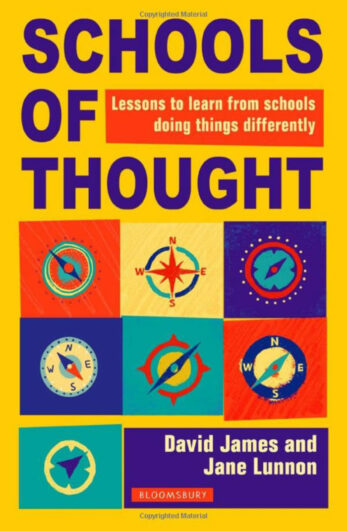What are you working on?
A small-scale qualitative study of the impacts of the bedroom tax on children and education. We have been working in two areas in Manchester and in each we interviewed people from primary and secondary schools and community organisations. We talked to about 20 people in each area and also spoke to 14 parents, interviewing them twice at six-monthly intervals to ask them how they and their children were affected by the tax.
What is interesting about it?
It is the first research that looks at the impact of the bedroom tax or other welfare reforms on children and education specifically. There are lots of other things that tell us about the financial consequences for adults and families and housing associations and so on, but this is the first that has a close look at children. It soon became apparent that all the families who were affected by the bedroom tax were also affected by some of the other welfare reforms, whether it was around disability benefits, having to pay council tax for the first time, etc. A lot of what we found in the study is a picture of the impact of welfare reforms in general — and the bedroom tax is one of the bigger ones, but it was very hard to disentangle. But we did also find things specifically about the bedroom tax: for example, inappropriate sharing, people’s fears of losing their homes, problems with shared custody arrangements, financial and emotional costs of having to move, etc.
What do you hope its impact will be?
From the research we recommend that the government should review its policy on the bedroom tax. The main point we are making is that if the government is concerned with closing the gap between children of lower and higher income families, then policies that negatively affect children’s education and welfare aren’t going to help. The big point is that these policies are in tension and that is why they should look at it; it is running against the other things they are trying to achieve. I also hope the research draws attention to some of the many things that schools are doing to deal with the effects of welfare reforms. We say that schools are at the frontline of welfare reform because other services around them, such as the third sector and council services, are being cut; schools are picking up a lot of the effects of this. We point to a lot of things that schools are doing in meeting basic needs and providing extra food, uniforms, subsidising trips and providing extra family support
and so on. It is good to draw attention to those things; hopefully they can be injected into conversations about effective use of the pupil premium and we can start to learn how these things are important in helping children from low income families to do well at school.
“More children are tired and hungry and finding it difficult to concentrate at school”
What do the findings show?
Probably the biggest finding was an increase in the number of children that are tired and hungry and finding it difficult to concentrate at school. We are seeing a picture of families cutting back on things for children such as heating and clothing. We also found out a lot about the stress, both for parents and for children. Children are picking up their parents’ anxieties about debts and threats of eviction and about not being able to manage on the money available to them. Similar to when you talk to children who are having to care for parents or other siblings, children are taking on these worries and anxieties from an early age.
Is there any other research that you would recommend?
Kerris Cooper and Kitty Stewart for the Joseph Rowntree Foundation. They did a piece of work called Money Matters and it was about the effect of family income on children’s education.







Your thoughts